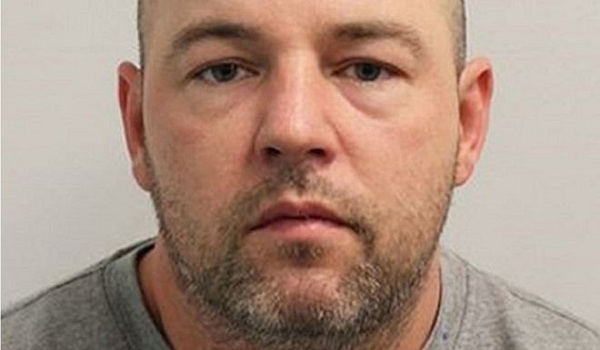Probation officers numbers to be boosted to improve public safety
The Government has unveiled plans to boost the supervision of offenders by hiring an additional 1,000 probation officers by the end of the year.
The numbers are in addition to the 800 probation officers already in training and will see the total size of the workforce grow by almost one third by 2021.
The recruitment campaign is intended to work alongside the police uplift of 20,000 officer and prison building programme that will create 10,000 new spaces as part of a three-year plan to make the country safer.
Earlier this year the Government announced plans to return all probation services in England and Wales to the public sector after inspectors identified several “fundamental flaws” in the part-privatised system.
Routine safety checks on offenders were not being carried and officer were dealing with overwhelming workloads. In one highly publicised incident, serial rapist Joseph McCann was about to carry out a series of sex attacks after being freed from prison following “major failings” by an “unstable” team of inexperienced probation staff.
Under the new regime, officers will have a more balanced workload. Probation officers will also support less dangerous criminals with underlying issues such as drug and alcohol addiction, as well as continuing to keep the public safe by supervising high-risk offenders.
The Probation Workforce Strategy published today (July 30) also sets out plans to improve training and shift administrative work away from frontline staff so they have more time and skills to better monitor and support offenders and help cut crime.
Prisons and Probation Minister Lucy Frazer QC MP said: “Every day we hear about the work police officers do to capture criminals and bring them to court, but whether offenders first go to prison or get a community sentence, it is probation officers working hard behind-the-scenes who help them turn their backs on crime.
“This new vision sets out our long-term plan to boost the workforce not just in numbers, but also in terms of experience and skill, so that the Probation Service continues to play its vital role in reducing reoffending, already at a 12-year-low.”
The Probation Workforce Strategy also includes plans to:
- Develop new IT systems with greater automation giving staff more time to focus on working directly with offenders.
- Foster the skills of the most talented officers through new training programmes and career opportunities, helping retain staff and make better use of their experience and knowledge.
- Create a new route for existing junior probation officers to achieve senior roles helping the Probation Service make quicker use of the experienced staff it already has.
- Improve wellbeing schemes and give more emotional support to frontline staff with professional counselling and buddy schemes.
HM Prison and Probation Service will also review how recruitment and training works to attract a more diverse group of jobseekers and respond better, and quicker, to increased demand. This could mean having more regular intakes, introducing apprenticeships or making changes that make probation as attractive to university leavers as other graduate programmes.
There are also plans to increase diversity with targeted recruitment campaigns, new regional Race Ambassadors and inclusivity training for all staff.
The selection process for new recruits has already changed, with a new online behaviour-based assessment at application-stage and role-play activities at interview that allow applicants to show how they would react to real-life scenarios they are likely to face as probation officers. These innovative changes have already proven to be an effective means of increasing the diversity of those appointed.







